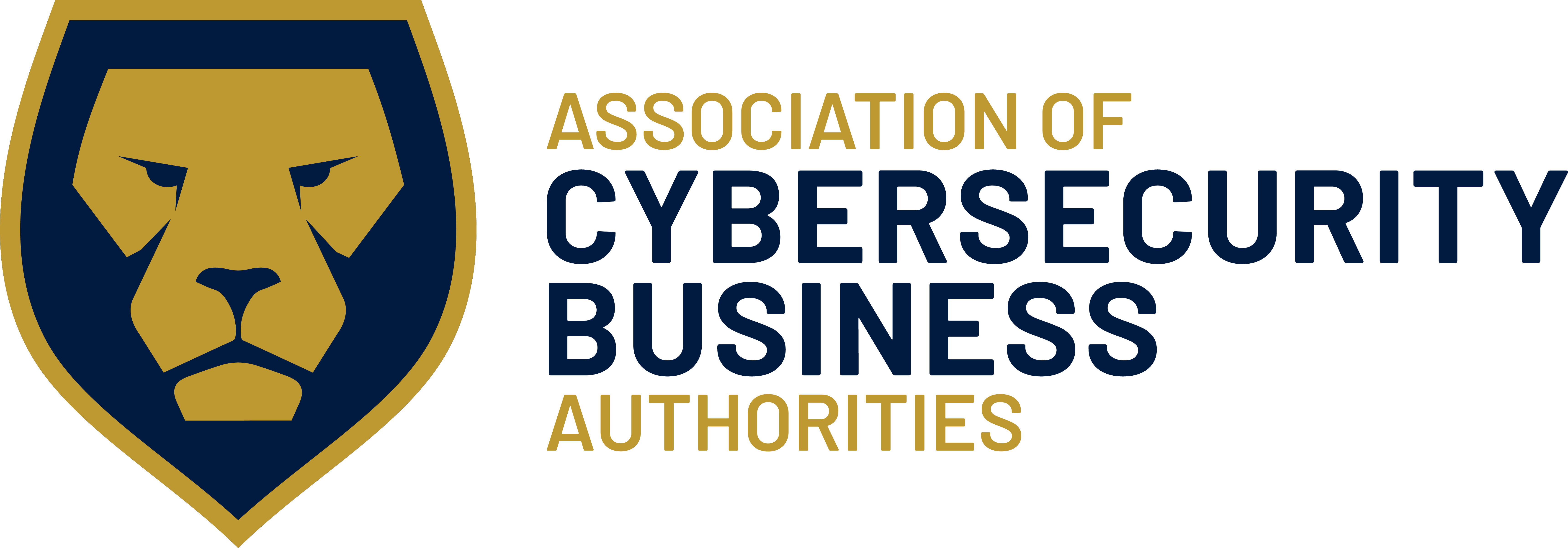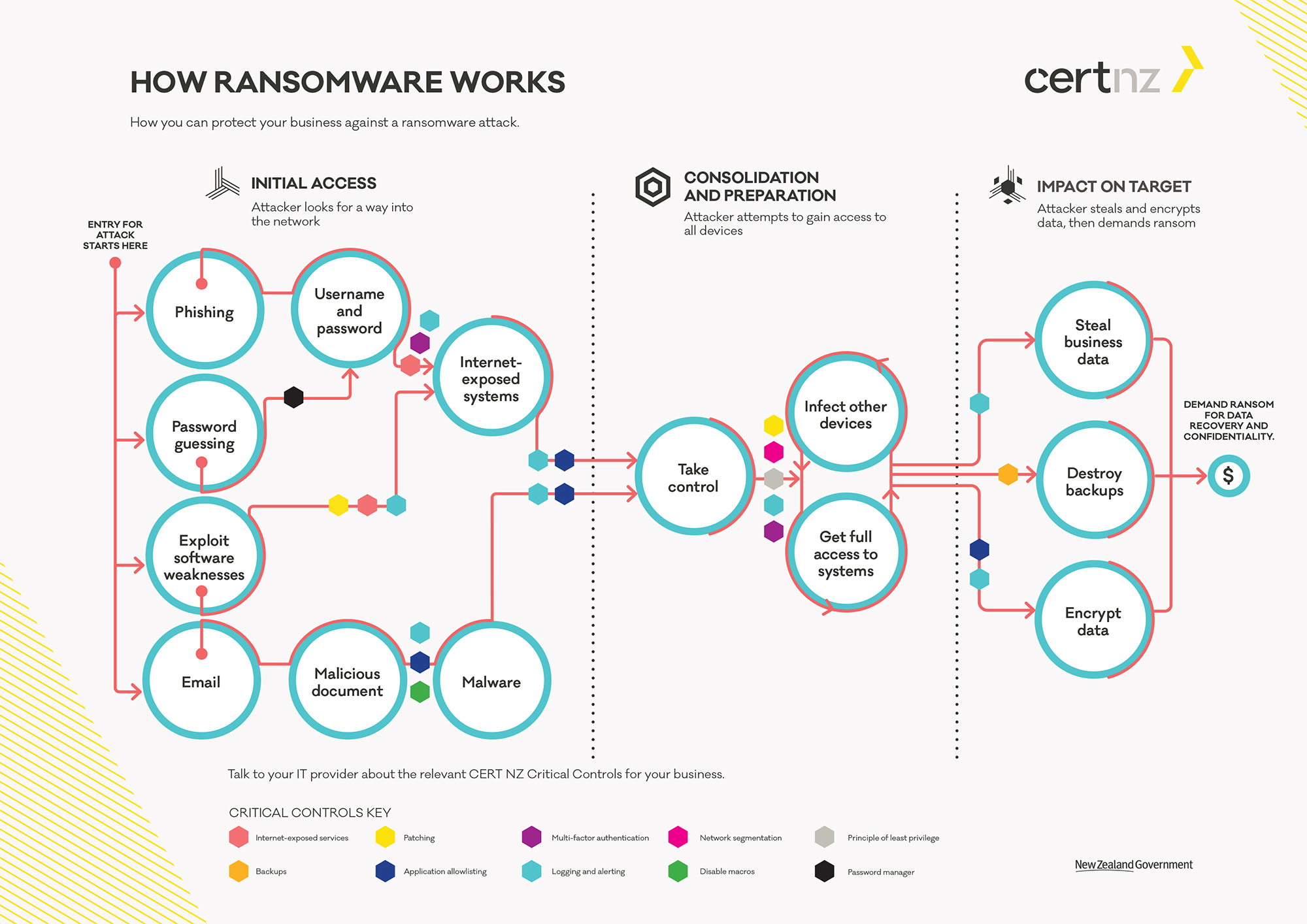Ransomware is a big deal. In today’s technology-driven world, your data is extremely valuable, not only to you but to criminals as well. As much as I wish that weren’t true, it is. And because criminals find your information valuable, you must protect it. At Sterling Ideas, we believe one of the most effective ways to defend against cybercrime is to be educated about the different threats to your data. One of those threats is ransomware.
Ransomware is a type of malware. Malware is a type of software designed to harm your systems, either by stealing data or damaging the system. Ransomware, specifically, infects your computer system and encrypts all the data and information on your systems (which makes them inaccessible to you). Then, the criminal behind the ransomware will demand a ransom in exchange for your data. Theoretically, if the target pays the ransom, the information would be decrypted. But, if you’re dealing with a criminal, there are no guarantees.
You’ve probably heard of notable ransomware attacks in the news, maybe without realizing that ransomware was involved. Just over a year ago, in May 2021, the Colonial Pipeline systems were attacked, causing a brief gasoline shortage and increased gas prices in the areas supplied by that pipeline. At the time, there wasn’t much information about what had actually happened, but now we have more details.
Hackers stole data from the pipeline systems and then demanded a ransom of almost $5 million in cryptocurrency. Colonial Pipeline immediately shut down operations and eventually paid the ransom, in hopes of reopening the pipeline. Only $2 million of the ransom was recovered.
Now, in the case of the pipeline hack, there were more issues than simply ransomware. The circumstances that allowed the ransomware attack included re-used passwords, lack of multifactor authentication, failure to disable accounts of inactive users, and more. This is why even the small things matter. Small oversights, in and of themselves, might seem insignificant. But really, they pave the way for big breaches and attacks. Even the smallest proactive security measures can prevent big attacks.
This month, we’re looking at ransomware, how it works, the damage it can do, and the protections—big and small—that guard your business against it.





